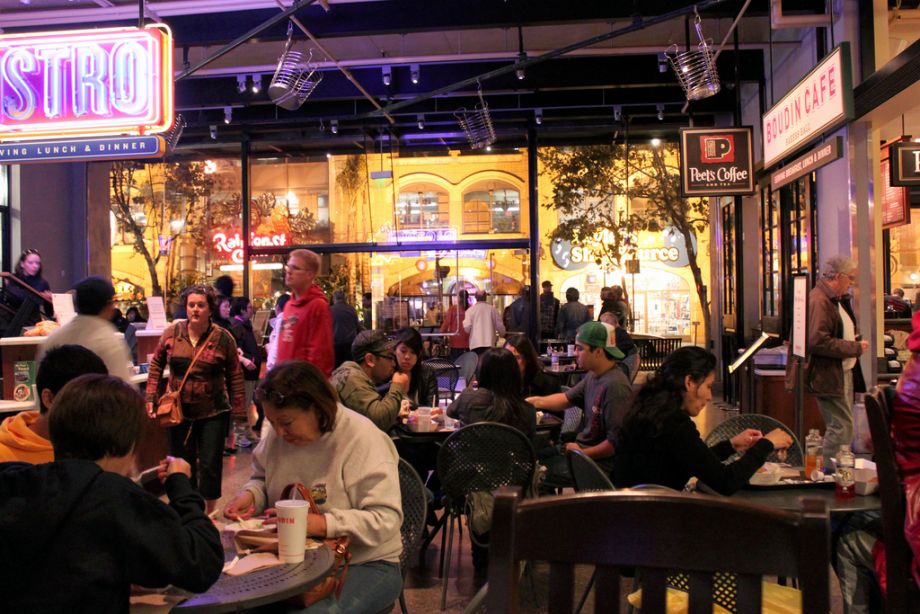The Milwaukee Journal Sentinel recently ran an article with a pretty familiar refrain last week – the city doesn’t have enough college graduates.
“It’s an enormous problem,” a local businessman told the newspaper. A relatively low proportion of graduates is taken to mean that a city’s human capital is not up to snuff. And human capital is the cornerstone of the knowledge economy – if you can’t get it right, you’re done for.
So the argument goes, anyway. But as Jim Russell points out at Burgh Diaspora, not all talent is created equal. Indeed, it may not be graduates that you want, necessarily, but migrants. Migrants are especially entrepreneurial, and the further they’ve come to get to your city, the better.
But what do you do to attract these people, anyway? Hire Richard Florida, paint some bike lanes and set up citywide wi-fi?
Maybe Milwaukee can try to be Portland on Lake Michigan. But as the last line of the JS piece points out: “It’s a tough competition. All cities want to do it.” “It” being attract “creative class”-type talent. Also, as Portland’s unemployment rate rather emphatically points out, attracting people is just part of the equation. You also have to give them something to do.
Urbanophile, aka Aaron M. Renn, suggests that cities work at finding a niche and exploiting it, rather than all chasing the same goals. “The question is what specific types of people you can attract to your city,” Renn says.
This hints at something larger, I think: an evaluation of what we really mean when we say “human capital.” People hear about “human capital” and “talent” and, at least in urbanist circles, tend to think vaguely of freelance graphic designers bringing bikes on to light rail while happily sipping flavored coffee (yes, I am stereotyping). But the world only needs so many designers, researchers and programmers. Is a good mechanic or electrician not “human capital”? How about high-tech factory workers, or medical assistants, or traveling salesmen?
Perhaps I’m oversimplifying the matter, but I think the phrase “attracting talent” has come to imply “attracting yuppies, or yupsters.” Do what they like, and they’ll come. This is a powerfully seductive idea – I like sitting outside drinking microbrews while surrounded by young and attractive people as much as the next educated guy under thirty. But the city should not be a place only for the young and hip.
While I suspect few truly believe that, it is the logical extension, and the unsaid assumption, of much of the urban wrangling over talent. As the JS article suggests, “an array of good restaurants” will be helpful in attracting talent. Surely, restaurants can’t hurt, but far as I can tell Raleigh, center of the highly educated “Research Triangle,” does not have a particularly renowned dining scene.
Saving our cities means saving them for everyone, or at least everyone who may want to live there, while also maintaining the delicate balance that keeps an urban place functional. Urbanity is not, and should not be, a niche product.
















